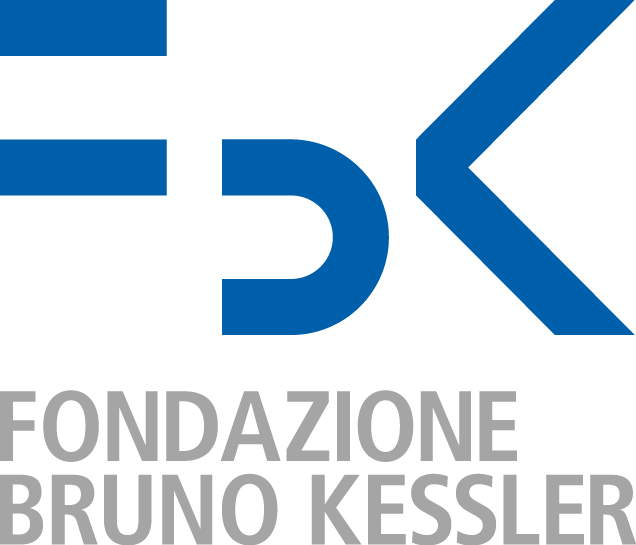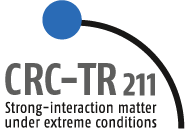Foundational aspects of relativistic hydrodynamics
How small can a droplet be and still behave as a fluid? The latest research unexpectedly suggests that droplets of the size of a fraction of an atomic nucleus made from quark-gluon plasma, an exotic type of matter of extreme energy density, have liquid-like properties. Quarkgluon plasma once filled the entire universe and can today be recreated in high-energy collisions between atomic nuclei. This timely workshop will bring together a multi disciplinary group of researchers to rethink the foundations behind our contemporary understanding of ultra-hot and fast-moving fluids.
Main Topics:
- Transitions to hydrodynamics and thermalization at strong and weak coupling
- (non)convergence of Chapman-Enskog and hydrodynamic gradient expansions
- Hydrodynamic attractors
- non-equilibrium hydrodynamics, in particular for small collision systems
- Fluctuations and long-time tails
- Analytic structure of hydrodynamic correlation functions at strong and weak coupling
- Extended theories of relativistic hydrodynamics (anisotropic and transient hydrodynamics)




